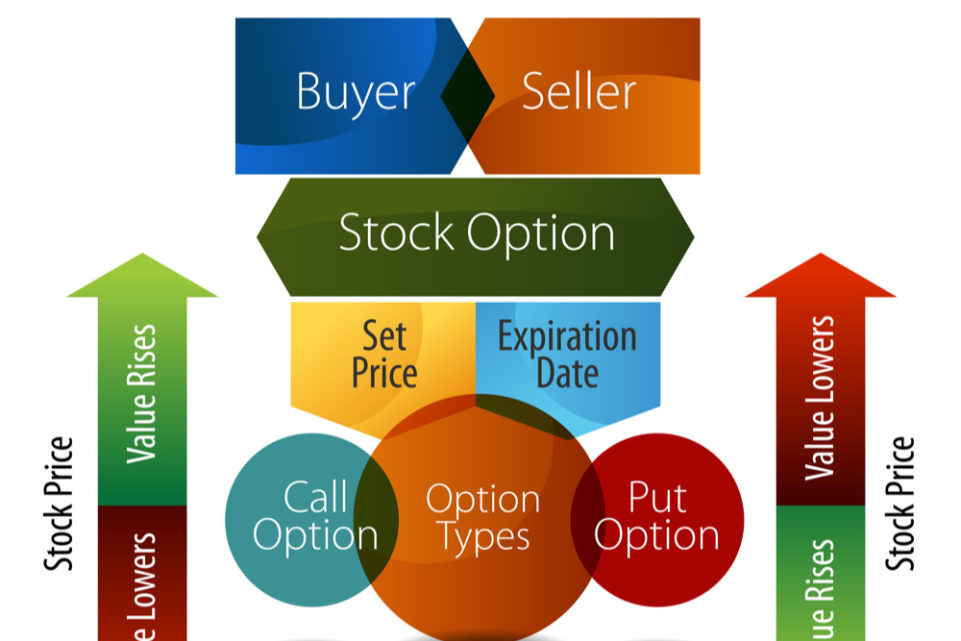Options are a way to make some more money on the side, but they can get difficult to understand. Here are some standard options that you might come across in your investing.
Call Options
The buyer has the right to purchase shares of a particular stock at a predetermined price, known as the strike price. The seller is obligated to sell shares to the buyer if she chooses to exercise that right.
Let’s say that an investor has bought a call option for ABC stock with a strike price of $50, which gives him the right to buy 200 shares at $50 per share any time before the expiration date. If he does not exercise his option and wait until expiration, nothing is stopping him from selling his options on an options exchange to recoup some or all of his investment.
Long Calls
A long call is when you buy an option on a currently undervalued stock, hoping that it will rise to meet its actual value before the option expires. If you end up selling or “writing” this option, then you become obligated to sell your stock at a price specified by the buyer (who now owns the right). The benefits of writing these options is that because they pay out well if their value rises quickly, and the risk is lower because you don’t own any shares until someone exercises the option, you can make a tidy profit if all goes well.
Long Puts
A long put is similar to a long call in that it’s an investment in a stock that you believe is currently undervalued. The difference is that you’re betting that the stock will go down in value by the time the option expires with a put. If it does, you can “sell” the put for a higher price than you bought it for and pocket the difference. However, if the stock goes up instead, you could lose money.
Short Calls
With a short call, you’re essentially borrowing shares of stock from somebody else and selling them an option to “call” them back at a specific price. If the stock goes up in value by the time the option expires, then you need to buy that stock back (plus any fees) and return it to its original owner. You may also be obligated to sell at that price even if you don’t own the shares but lower the market price. The benefit of selling these options is that because they pay out well if their value falls quickly, and you make money off of fees, there’s only potential risk involved if things go very wrong.
Put Options
A put option is a contract that gives the buyer the right to sell shares of a particular stock at a predetermined price, known as the strike price. The seller of the put option is obligated to buy shares of the stock from the buyer if she chooses to exercise that right.
For example, let’s say that an investor has bought a put option for ABC stock with a strike price of $50, which gives him the right to sell 200 shares at $50 per share any time before expiration. If he decides not to exercise his option and wait until the end, nothing stops him from buying back his options at the same price he paid for it on an options exchange to recoup some or all of his investment.
Short Puts
Like short calls, with a short put, your goal is for the underlying stock price to fall before option expiration. Because you’re borrowing shares to sell the put, you need to have enough cash on hand to repurchase them at the strike price if they’re called away. The benefit of this position is that you make money if the stock falls quickly and the downside risk is limited.
Bottom line
As with any investment, it’s essential to do your research before putting money into an option. These are just a few of the more common types; there are many more variations out there. Make sure you understand how each one works before investing, and consult a financial advisor if you have any questions. Click to read more about options here.


